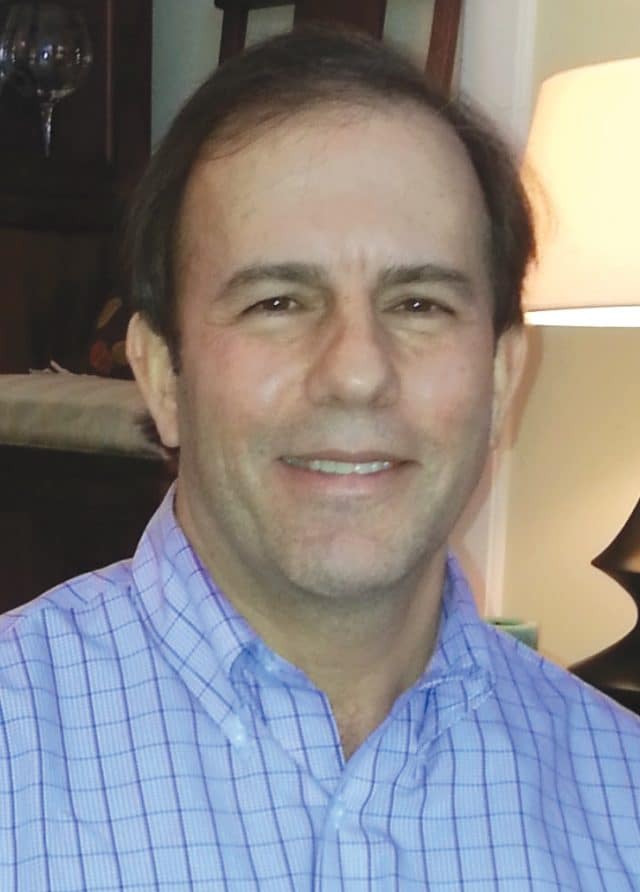
Annapolis Integrative Medicine
1819 Bay Ridge Avenue
Suite 180
Annapolis, MD 21403

More Complementary & Integrative Healthcare Articles
What Is Integrative Medicine?

For some, alternative or holistic medicine may seem to be in opposition or intellectually inferior to “traditional or western” medicine. One way to think of these approaches that may be more helpful is as integrative and functional medicine.
Integrative (functional) medicine providers do their best to find ways to help people deal with their health issues as effectively as possible in a way that works for the patient. This especially applies when the issues are longstanding, intertwined, and have not responded to previous efforts by the medical field.
The NIH and other institutions are beginning to apply the standards of science to alternative and complementary therapies, though it is often not simple to do so. However, taking an approach to medicine that attempts to deal with root causes and the interrelationship between symptoms rather than trying to find a diagnostic box to fit the patient inside of can often provide an avenue for effective treatment.
If you pay attention to the science news you will see that accepted medical practices, as basic as treating ear infections and breast cancer surgery, are constantly being questioned and revised as new studies come to light.
And one must also take into consideration the fact that good studies are tremendously expensive to conduct, and often will only get done when pharmaceutical companies see a profit to be made. The incentive to do good studies on subjects and treatments where there is not a profit to be made is often not very compelling to those with the resources to do these studies. One example is the long held belief that treating diverticulosis requires a diet without seeds or nuts has been debunked.
Maybe one day every possible treatment option will have been adequately studied but what is one to do now?
First of all is communication. Physicians are trained in many subjects but often listening and communicating are lacking. A legendary physician named William Osler said, “Listen to the patient, he is telling you the diagnosis.” Doing so not only comforts the patient, and creates trust, but also may go a long way to avoid unnecessary tests and treatments.
The system doctors function in often does not give them the time to listen to what their patient is actually saying. They don’t have the time to listen and instead are trying to figure out which box to put a patient in so they can come up with a plan and move on to the next patient.
It is critical to know what types of treatment a patient is willing to pursue. Often a patient knows intuitively what will or will not work for them. And if they really do not want to pursue a treatment option but do so anyway, there is a higher chance it will not work, like a reverse placebo effect (the nocebo effect).
Finally, taking from the best of all approaches is critical to good health.
Give the body what it needs in terms of nutrition, vitamins, exercise and rest. When necessary, intervene for as short of time as possible with prescriptions and surgery. Look for healing herbs that can help. Supplement with low doses of safe hormones when a deficiency causes a problem.
And make sure you find a doctor who listens carefully to your history and for the interrelationship between symptoms…often (though not always) there is one root cause that has given rise to a multitude of symptoms, each of which must be addressed.
Other Articles You May Find of Interest...
- Spiritual Counseling: Guiding Your Path to a Fulfilling Spiritual Journey
- The Healing Potential of Reiki: A Holistic Approach to Pain Management
- The Ultimate Healing: Restoring Body, Mind & Spirit
- Chlorine-Free Steam Sauna Reduces Pain & Inflammation
- Step-by-Step: How to Introduce and Incorporate CBD Treats into Your Dog’s Routine?
- Cannabis and Fibromyalgia
- Managing Chronic Back and Neck Pain

















